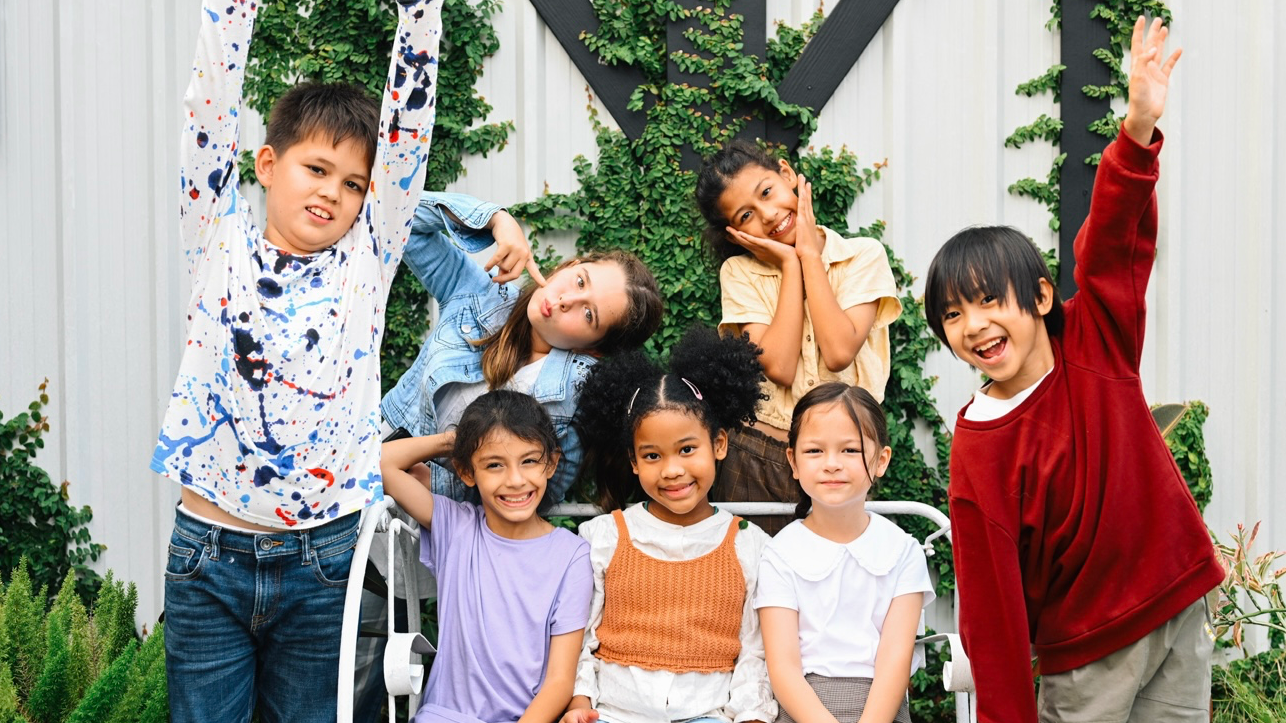Social Skills for Kids: Nurturing Strong Connections and Empathy
In today’s interconnected world, social skills play a vital role in a child’s overall development and future success. As parents and caregivers, it is essential to prioritize the cultivation of social skills in children from an early age. By providing opportunities for social interaction, teaching empathy, and fostering positive communication, we can help children build strong connections and navigate social situations with confidence. In this article, we will explore the importance of social skills for kids and provide practical tips to nurture these skills effectively.
Why are Social Skills Important for Kids?
Social skills are the abilities that enable individuals to interact effectively and harmoniously with others. For children, developing strong social skills is crucial for several reasons:
1. Building Relationships: Social skills allow children to form meaningful connections and friendships with their peers. These relationships contribute to their emotional well-being and provide a support system throughout their lives.
2. Communication and Collaboration: Effective communication and collaboration skills enable children to express their thoughts and ideas clearly, listen actively, and work well in teams. These skills are essential for success in school, extracurricular activities, and future careers.
3. Empathy and Understanding: Social skills help children develop empathy and understanding towards others. Empathy allows them to recognize and relate to the emotions and experiences of others, fostering kindness, compassion, and inclusivity.
4. Conflict Resolution: Learning how to navigate conflicts and resolve disagreements peacefully is a valuable social skill. Teaching children conflict resolution strategies empowers them to find solutions, compromise, and maintain healthy relationships.
Practical Tips for Nurturing Social Skills in Kids:
1. Encourage Play and Social Interaction: Provide ample opportunities for children to engage in unstructured play with their peers. This allows them to practice sharing, taking turns, and resolving conflicts independently. Arrange playdates, encourage group activities, and enroll them in social clubs or sports teams.
2. Model Positive Behavior: Children learn by observing their parents and caregivers. Model positive social behavior, such as active listening, empathy, and respectful communication. Be mindful of your own behavior and the language you use when interacting with others.
3. Teach Emotional Intelligence: Help children recognize and manage their emotions effectively. Teach them to identify their feelings and express them appropriately. Encourage open discussions about emotions and provide guidance on handling different emotional situations.
4. Practice Active Listening: Teach children the importance of listening attentively to others. Encourage them to maintain eye contact, ask questions, and show genuine interest in what others have to say. This cultivates strong communication skills and empathy.
5. Role-Play Social Scenarios: Create role-playing opportunities where children can practice social skills in a safe and supportive environment. Role-play scenarios like introducing themselves, making polite requests, or resolving conflicts. Provide feedback and guidance to help them improve their social interactions.
6. Promote Empathy and Kindness: Foster empathy by teaching children to consider other people’s perspectives and feelings. Encourage acts of kindness, such as sharing, helping others, and volunteering in the community. Discuss the importance of treating everyone with respect and inclusivity.
7. Set Clear Expectations: Establish clear guidelines for behavior and social interactions. Teach children about appropriate behavior in different settings, such as at home, school, or public places. Reinforce positive behavior through praise and rewards.
8. Teach Problem-Solving Skills: Help children develop problem-solving skills by encouraging them to think critically and find solutions independently. Teach them to brainstorm ideas, weigh pros and cons, and consider different perspectives when faced with challenges or conflicts.
9. Encourage Peer Mediation: When conflicts arise among children, encourage them to resolve the issues themselves with guidance and supervision. Teach them negotiation skills, compromise, and the importance of active listening during conflicts.
10. Foster a Supportive Environment: Create a supportive and inclusive environment at home and in school. Encourage cooperation, teamwork, and respect for diversity. Emphasize the value of collaboration and celebrating individual differences.
In conclusion, nurturing social skills in children is crucial for their overall development and future success. By providing opportunities for social interaction, teaching empathy, and fostering positive communication, we can help children build strong connections, navigate social situations with confidence, and develop into empathetic and well-rounded individuals. Remember, patience and consistency are key when guiding children in developing their social skills. With time and practice, they will grow into socially adept individuals who thrive in their relationships and contribute positively to their communities.











